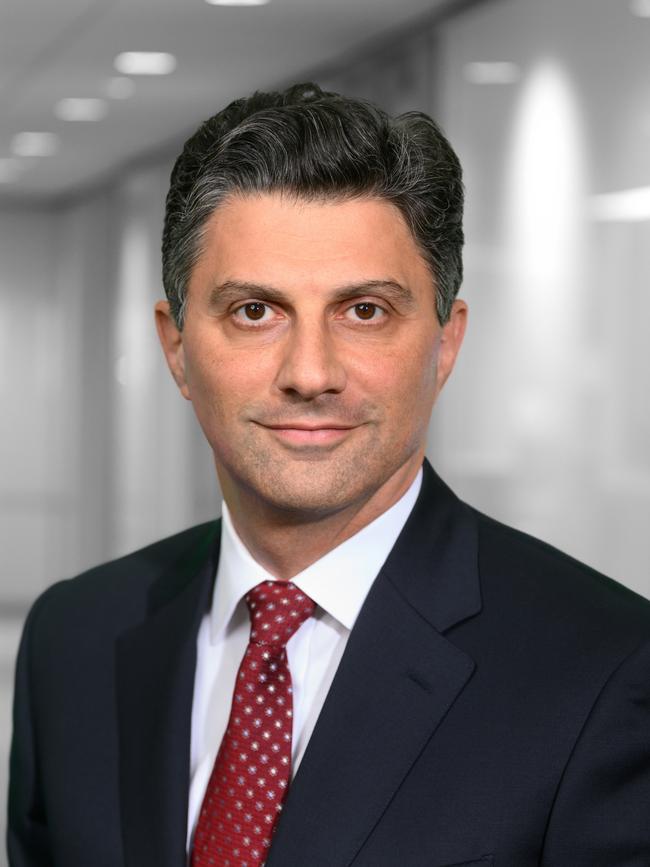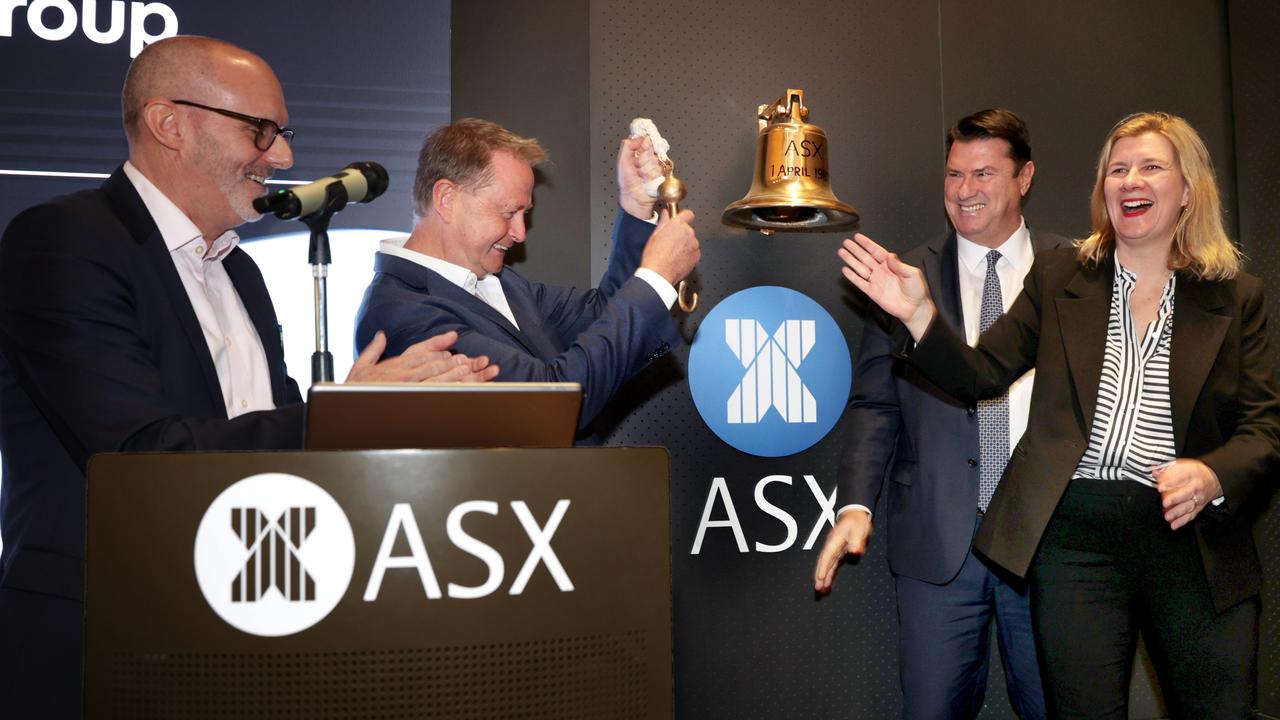Deals on hold amid recession fears, but US will stabilise: Oaktree
One of the top California-based executives of the global private equity fund Oaktree says he expects economic conditions to stabilise in about 18 months in the US.

One of the top California-based executives of the global private equity fund Oaktree says he expects economic conditions to stabilise in about 18 months in the US, as the nation braces for a likely recession and further interest rate rises to come.
As a result, Oaktree’s head of performing credit, Armen Panossian, says private equity firms and global corporates are holding back from embarking on major transactions, with merger and acquisition activity down about 70 per cent in the US in the past year.
He said vendors were unwilling to sell at lower prices and buyers needed more funds for a deal to stack up, with debt at a higher cost. “I think every investor thinks there is a reasonable chance of a recession over the next 12 to 18 months – the question is how deep it is,” he said
Mr Panossian, who spoke to DataRoom while in Australia for the Private Credit Forum in Melbourne last week, oversees all of Oaktree’s performing credit investments, accounting for $US70bn ($105bn) of Oaktree’s $US110bn of funds under management in credit.
Of that, $US25bn is private credit and $US45bn is liquid or tradeable credit.
The performing credit unit of the private equity firm – better known globally for its association with distressed investing while being co-chaired by co-founder Howard Marks – includes everything from high-yield bonds to senior loans, convertible bonds, structured credit and illiquid credit, directly and indirectly with public and private companies.
Over 50 per cent of its new business is for merger and acquisition opportunities, which gives Mr Panossian good oversight of the market.
He said he believed there was a “reasonable” chance of a recession over 12 to 18 months, but the question was how deep it would be.
Government stimulus in the manufacturing and infrastructure sectors indicated it was unlikely to be deep.
But Mr Panossian said that even if a recession did not occur, high interest rates would impact several asset classes and cause loan defaults regardless.
“What we are seeing now are the first indications of a delayed impact that will be worse in 12 months with defaults even though the recession won’t be that deep,” he said

One of the obvious sectors at risk was commercial real estate, particularly offices.
Regional banks had a large exposure, and while there had been few defaults thus far they could be on the horizon, with companies downsizing and more staff working from home, he said.
The other risk involved companies across the board that were purchased by private equity four years ago when interest rates were around 5 per cent and the cash rate was close to zero.
Today, the cost of borrowing funds is about 12 per cent and instead of having about 35 to 45 per cent of equity in a business, you need about 60 per cent.
By contrast, a syndicated bank loan in 2021 cost around 5-6 per cent, or 7 per cent for non-public companies.
Technology companies, which Oaktree rarely lends to, have been unable to borrow and have been drawing on cash.
Major banks were turning away some commercial real estate groups and private equity funds after becoming overexposed during the deal boom in 2021 when rates were low due to the pandemic, he said.
But Mr Panossian added that Oaktree remained patient, with more lucrative opportunities likely to be ahead as default rates rose and conditions worsened.
Private equity sponsors over the past seven to eight years had preferred floating rate liabilities because they could regularly refinance.
“It allows them to have a liability structure so that as the market tightens and became more frothy, they would be able to reprice their liabilities tighter and tighter – they could have reprice every 12 months if they wanted to.”
This enhanced rates of return.
But private equity firms that needed to refinance now would need to put more equity into a business.
The standard for a billion-dollar company was for a private equity fund to finance a deal with about 35 to 45 per cent of equity, but in today’s market, it was more like 60 per cent, he said.
Private equity firms were sitting on a lot of dry powder and not currently coming to lenders on masse, saying they needed assistance, he said, but there were issues “bubbling under the surface”.
Firms would rather pull other levers before injecting more equity into firms, opting to target their funds towards more lucrative investments, which could mean distressed businesses default.
“In 2021, it was a very strong market and banks were quite open with their balance sheets and committed to a lot to private equity loans,” Mr Panossian said.
“In 2022, when they went to place them the market had fallen away, so the larger investment banks in the US were hung with about $US60bn of these loans and had to place at discount to par and suffered several billion of loses,” he said.
“Now they have stopped.”








To join the conversation, please log in. Don't have an account? Register
Join the conversation, you are commenting as Logout